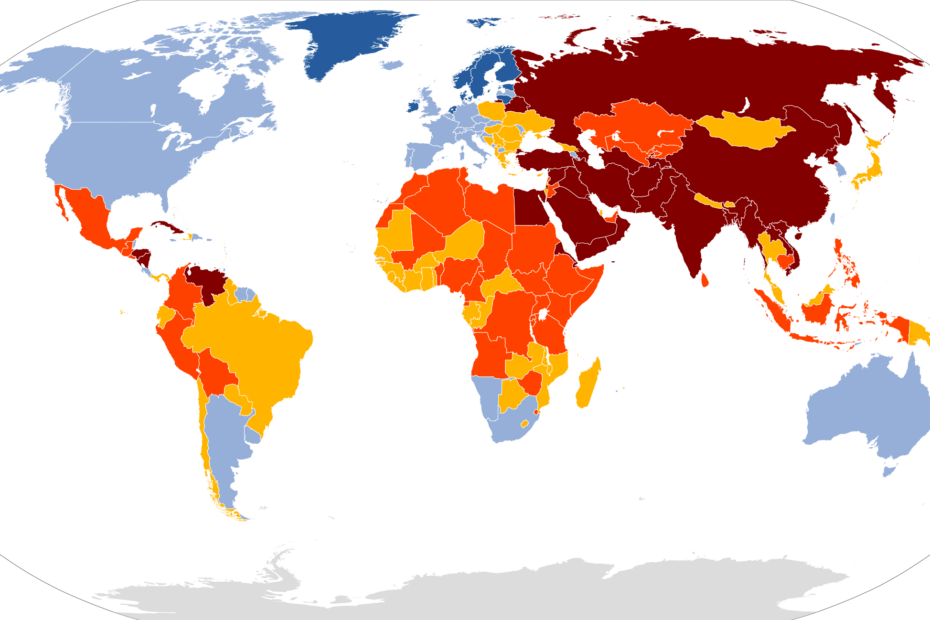The European Media Freedom Act is a proposal for regulation put forward by the EU Commission in September 2022 aiming at safeguarding media freedom and pluralism in Europe. For Wikimedia it is relevant, because, on the one hand, it wants to regulate how online platforms moderate content by media service providers and, on the other, it introduces some general rules of media law, including the protection of journalists.
Democracy Online and Collaborative Decision-making
Democracy can only thrive if citizens can access and use free and pluralistic information. Freedom of expression is indeed a fundamental human right and the cornerstone of a well-functioning democracy. Wikipedia and its sister projects daily enact and defend this fundamental right, serving millions of European citizens by guaranteeing them access to a set of plural and reliable information and data. Free internet and collaborative projects are therefore a precious tool to substantiate this fundamental right and fruitfully empower citizens. Their role needs to be recognised and deserve a high level of protection. This is particularly true if we consider, for instance, disinformation: the Wikimedia model, i.e. a community-led model of decentralised collaboration and decision-making, proved to be among the most effective and resilient ways to address this threatening phenomenon. Ultimately, Wikipedia contributes to make Europe more democratic and empower citizens to constructively participate in democratic life. In other words, it exerts a public function and it contributes to reinforce the European digital public sphere that is a commons.
How to moderate media content on online platforms?
The European Media Freedom Act (widely known as EMFA), which is currently under trilogue negotiations, needs to acknowledge Wikipedia’s peculiar role and protect its model. In that regard, there are two main aspects that lawmakers should carefully take into account when adopting the new law.
First of all, Article 17 of EMFA, which aims at introducing a sort of “media exemption”, also referred as “media privilege”, should explicitly exclude from its scope not-for-profit collaborative online encyclopedias as well as educational and scientific repositories archives. This, under the current circumstances, is the easiest and most effective way to preserve the peculiarities of Wikipedia, which has recently been designated as VLOP under Article 33 (4) of DSA, thus avoiding unintended consequences that can endanger its model.
In this sense, we encourage lawmakers to stick to the European Parliament position that contains an explicit carveout in the new recital 35a.
Protection of Journalists
Secondly, it is very important to stress the importance of introducing a strong and effective protection for journalists with regard to the possibility of deploying spyware against them and their sources, as foreseen in Article 4 of EMFA.
A weak provision could de facto endanger Wikipedia and other projects, such as Wikinews, given that the deployment of spyware against media service providers can have negative consequences on freedom of expression, privacy and the credibility of sources. In that sense, one should bear in mind that Wikipedia fairly often deals with current events and therefore newspaper articles are widely used as sources to feed the online encyclopedia. Therefore, the possibility provided for in Article 4, if not properly curtailed, presents the concrete risk to put in danger both the fundamental rights to freedom of expression and to privacy, which are nowadays more and more intertwined, especially in the online sphere.
We call on both Council and Parliament to find a balanced solution that is able to preserve these fundamental rights, which are the legal tools safeguarding European values, including democracy. If Parliament’s position is a good starting point that seems to properly balance the different needs at stake, Council’s exception related to national security has the risk of making the new protection empty.
Conclusion
Finally, if on the one hand we believe that the adoption of the European Media Freedom Act can represent a major step forward for the European Union and the protection of European values enshrined in Article 2 of TEU. On the other, we are convinced that, in order to fully achieve this goal, the new law cannot neglect the role of collaborative platforms as well as the peculiar needs of journalists and other media service providers operating in the online sphere.









